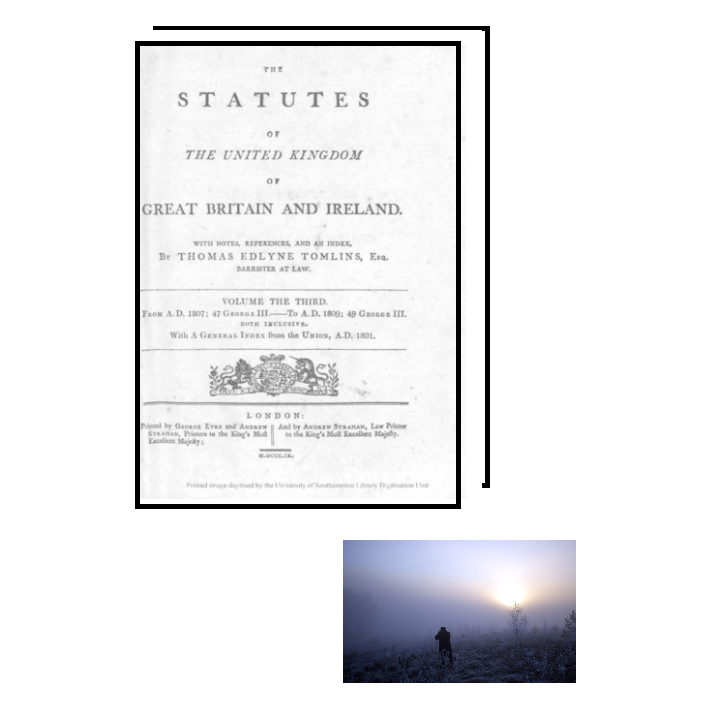Cross v Petitioner, 1987 SCLR 356, Cross, Petr 1987 SLT 384
Citation: Cross v Petitioner, 1987 SCLR 356, Cross, Petr 1987 SLT 384
Link to case on WorldLII (reference).
Rule of thumb: What happens if a statute is not clear as to whether something is outlawed? As a general rule if a provision in a statute is not clear in certain behaviour, then it cannot be relied on.
Judgment:
The Court in this case affirmed the principle of ‘clear and precise statutory terms’ – it was affirmed in this case that when it comes to statutory interpretation if a statutory provisions has wording that is loose or strict then this is important in establishing whether the Court has discretion to potentially apply exceptions to it or not. This is an important case for defenders or pursuers who are the underdog. This means that even if a statutory provision is clear in creating a right or obligation, it still may not apply if it is not strictly worded. If the wording of terms of statute used words like ‘shall’ or ‘should’, this will potentially be open to exceptions being created to the provision, but if it uses word like ‘must’ or ‘in all circumstances’ then it is all but certain that no exceptions will apply to it unless the circumstances are truly extreme, and using a word like ‘will’ will be somewhere in the middle, ‘... if Parliament had intended the Court to have the power to exclude the operation of the forfeiture rule entirely, it would have said so in clear and precise terms’, Lord Cowie at 385

Warning: This is not professional legal advice. This is not professional legal education advice. Please obtain professional guidance before embarking on any legal course of action. This is just an interpretation of a Judgment by persons of legal insight & varying levels of legal specialism, experience & expertise. Please read the Judgment yourself and form your own interpretation of it with professional assistance.

